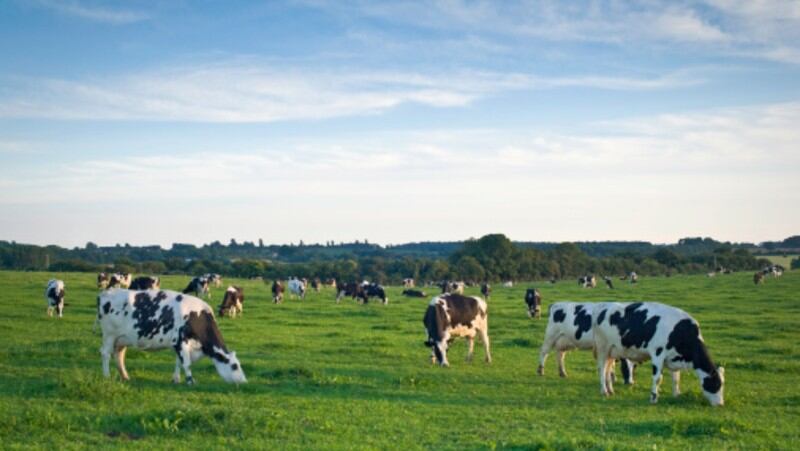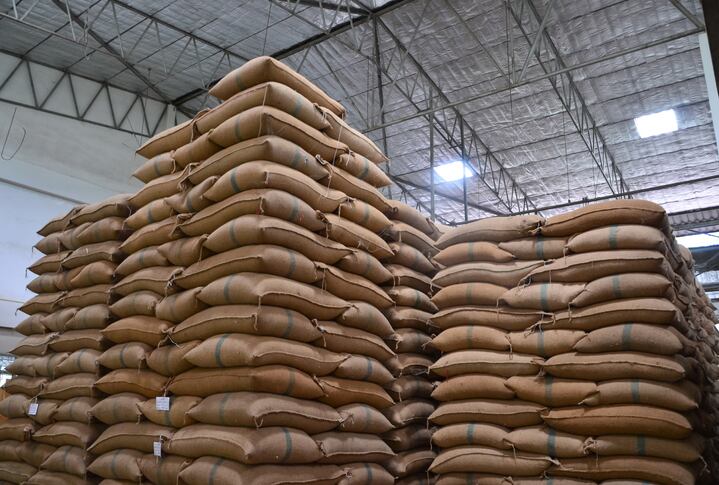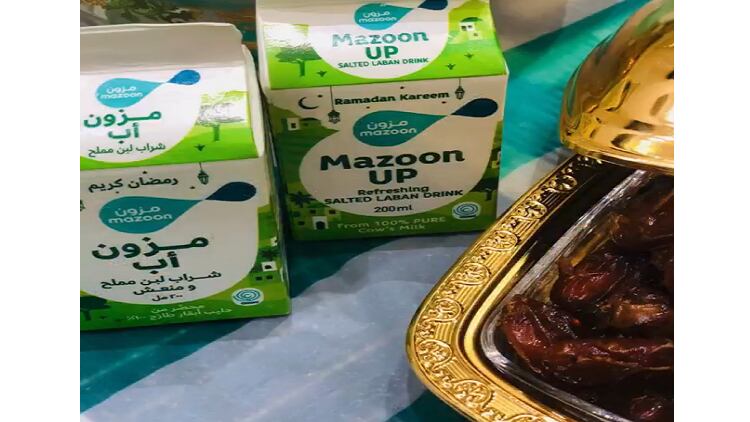Baladna is best known for having achieved dairy self-sufficiency for Qatar after the country faced a diplomatic crisis and blockade when its neighbouring countries blocked its access to the outside world over claims of it supporting terrorism activities. The firm now owns 21,000 cows on its farm and three separate processing facilities.
“Before the 2017 crisis, Qatar was in a situation where 90% of local dairy was being imported, so there was tremendous foreign reliance [which became a problem back then],” Baladna CEO Malcolm Jordan told FoodNavigator-Asia.
“Malaysia is actually in a very similar situation right now – 97% of the country’s dairy is being imported. It may have a lot of farms locally, but not many of these are for dairy.
“The climatic conditions in Malaysia are also presenting challenges we’ve more or less seen before, a situation where it is challenging for dairy farming and for obtaining yields that are economically viable. One of our main challenges there in the start is to create a suitable environment to thrive even when it’s hot and humid such that high yields, maybe around 40L per cow, can be obtained.”
Jordan added that Qatar has become a go-to place for countries such as Malaysia that are wrestling for local food security, and that the latter had reached out to the Qatari government for help before Baladna was brought on board.
“We are now working with the government-run Federal Land Consolidation and Rehabilitation Authority (FELCRA) on this project – FELCRA has about 250,000 hectares of farmland currently mainly used for palm oil and we’re at the planning and development stage right now, finalising our business case,” he said.
“We’ve got some suitable sites in mind and worked out aerable crops to feed cattle and other details, so will be announcing the agreement formally in the next few months – progress has not been helped by the pandemic, to be honest, but we’re definitely still committed to the project.”
Baladna is also looking beyond just Malaysia, to work with other geographies in the South East Asian and African region that are looking to achieve self-sufficiency.
Qatar and COVID-19
Jordan also observed that throughout COVID-19, some additional food and beverage consumer trends have definitely taken centre stage in Qatar and the Middle Eastern region, which Baladna is working to cater to.
“Apart from the underlying trends which have remained unchanged such as quality, freshness and taste, we now see a lot more cooking at home and demand for local products,” he said.
“The local aspect especially has been growing for a bit, but we expect this to be amplified much more moving forward post-COVID-19 now that people are aware about the importance of food security.
“Baladna definitely recognizes our responsibility over food security in the country, and we’ve taken every precaution even before government COVID-19 orders came, from appointing crisis teams to drastically increasing our safety stock levels in case of any major disruptions to global supply routes – for example, we increased our stock of things like milk proteins and hydrocolloids to 6 months, and cattle feed to 12 months.”
Baladna is also launching a total of 80 new product SKUs throughout January to December 2020 to keep up with these trends, which span across every category the company dabbles in from milk to yoghurt to creams and more.
“We’ve already launched 50 of these new SKUs, and 30 more will be launched over the next few months,” said Jordan.
“Especially before Ramadan, that’s when some of the most major launches such as cooking creams and whipping creams will come so people can cook for the festival season.
“We’re also dabbling into the juices category and have 100% mango and guava juices with no sugar added, as well as long-life juices with a six to nine month shelf life.”
By volume, Jordan puts Qatar’s top three best-selling dairy products as fresh and UHT milk, laban (drinking yoghurt with no sugar added) and yoghurt in a ‘set style’, which is thicker and firmer than the normal Swiss-style yoghurt, with a flan-like texture.





